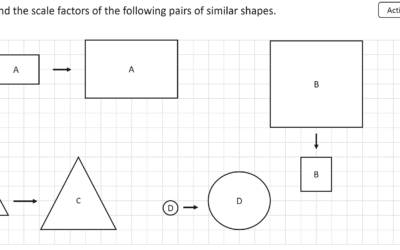Ever felt like you know something, but it’s just not coming to you? That’s your brain struggling to retrieve. Retrieval Practice isn’t just about testing; it’s about exercising your memory to make knowledge more durable, leading to far better long-term retention than simply re-studying.
The Gist: The Act of Recalling Makes It Stick
Forget passive re-reading. Retrieval practice is about actively pulling information from your memory. This effort itself creates stronger neural traces, building “resistance” to forgetting. It’s like a workout for your brain: the more you engage those memory “muscles,” the stronger they become.
The Breakdown: Active Recall Wins
The idea is simple: the more you try to retrieve information, the more ingrained it becomes.
- The Testing Effect: Research consistently shows that testing yourself (even without grades) improves memory more than re-reading or re-studying.
- Low Stakes is Key: To be effective and reduce anxiety, retrieval should often be low-stakes or no-stakes, focusing on the learning process, not just performance.
- It’s the Effort: It’s the process of actively attempting to recall that strengthens learning. You shouldn’t rely on notes during this process.
Pioneering work by Henry Roediger and others consistently highlights retrieval practice’s edge over traditional study methods.
The Evidence: Powerful Gains Across Subjects
The data supporting retrieval practice is overwhelming:
- A 2023 meta-analysis of 150 studies saw 20-50% exam boosts, especially for factual subjects like history.
- In a 2024 math trial with 600 pupils, weekly retrieval practice increased calculation accuracy by 25%.
- Beyond just memory, retrieval practice also significantly boosts metacognition (your awareness of your own learning) and self-regulation.
The Catch: It Can Feel Hard (and That’s Good!)
Retrieval practice can feel more challenging than simply re-reading, and students might initially perceive it as less effective or even stressful. This is a “desirable difficulty”—the struggle is what strengthens the learning. However, unstructured self-testing can be ineffective; students need structured prompts and crucial feedback to correct misconceptions.
Putting It to Work: Make It Routine
Integrate retrieval practice seamlessly into your lessons:
- Quick Lesson Openers/Closers: Start class with a “brain dump”—”Write down 3 key terms from yesterday.” Or end with an “exit ticket” asking for one thing they learned. A 2024 UK study found 25% improvement in teens using this.
- Flashcard Sessions: Encourage students to use flashcards, trying to recall the answer before flipping. This builds speed and confidence.
- “Wrong Answers Only”: Present a problem and ask students to generate plausible wrong answers and explain why they’re wrong. This deepens understanding and forces retrieval.
- Teach Others: Have students explain a concept to a peer without notes. This is a high-level retrieval exercise.
The Bottom Line: The more you retrieve, the more you retain.
Your Turn: Pick one concept you teach next week. How can you incorporate a 2-minute, low-stakes retrieval activity to reinforce it?









0 Comments